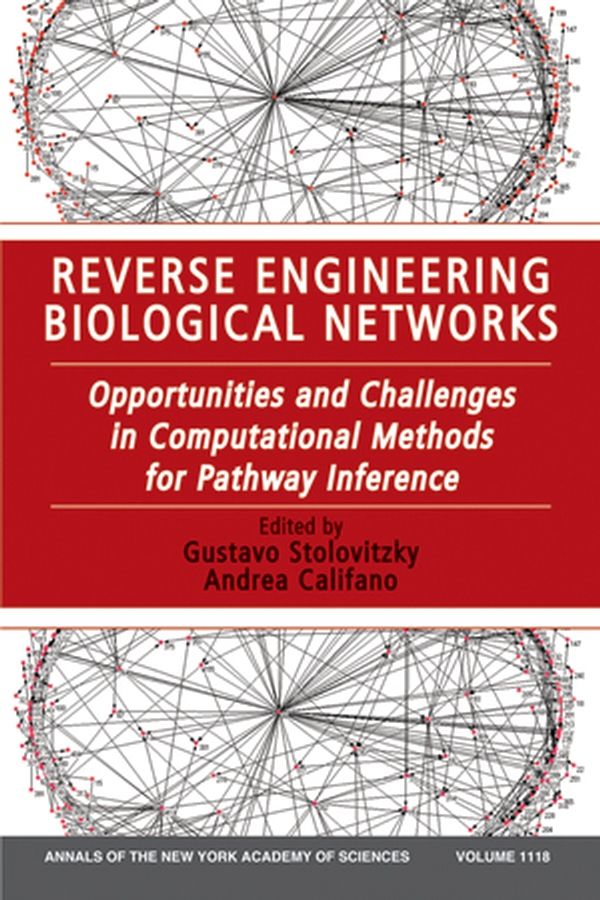Computational biologists are striving to “reverse engineer” the underlying networks of interactions between the molecules in the cell. This volume and the conference it reports on attempt a systematic evaluation of reverse engineering methods. The DREAM project brings together a diverse group of researchers to clarify potentials and limitations of the enterprise of reverse engineering cellular networks. An important aspiration of the project is to compare the effectiveness of different methods in reverse engineering biological networks. Evaluating this requires a “gold standard” network for which at least the true topology of connections is known. Many participants, especially the computational biologists, believe that synthetic networks are good candidates for this purpose because, at least for now, only they can be described with certainty. Experimental biologists, however, worry that unless the project addresses real biological networks, it could evolve into a mathematical exercise with little impact on biology. These and other ideas are discussed.<br /> <p><i>NOTE: Annals volumes are available for sale as individual books or as a journal. For information on institutional journal subscriptions, please visit <a href=”http://www.blackwellpublishing.com/nyas”>www.blackwellpublishing.com/nyas</a>.</i></p> <p><i>ACADEMY MEMBERS: Please contact the New York Academy of Sciences directly to place your order (<a href=”http://www.nyas.org/”>www.nyas.org</a>). Members of the New York Academy of Science receive full-text access to the Annals online and discounts on print volumes. Please visit <a href=”http://www.nyas.org/MemberCenter/Join.aspx”>http://www.nyas.org/MemberCenter/Join.aspx</a> for more information about becoming a member</i></p>
Biology, life sciences
Reverse Engineering Biological Networks
₹11,426.00
Opportunities and Challenges in Computational Methods for Pathway Inference, Volume 1118
This book is currently not in stock. You are pre-ordering this book.

